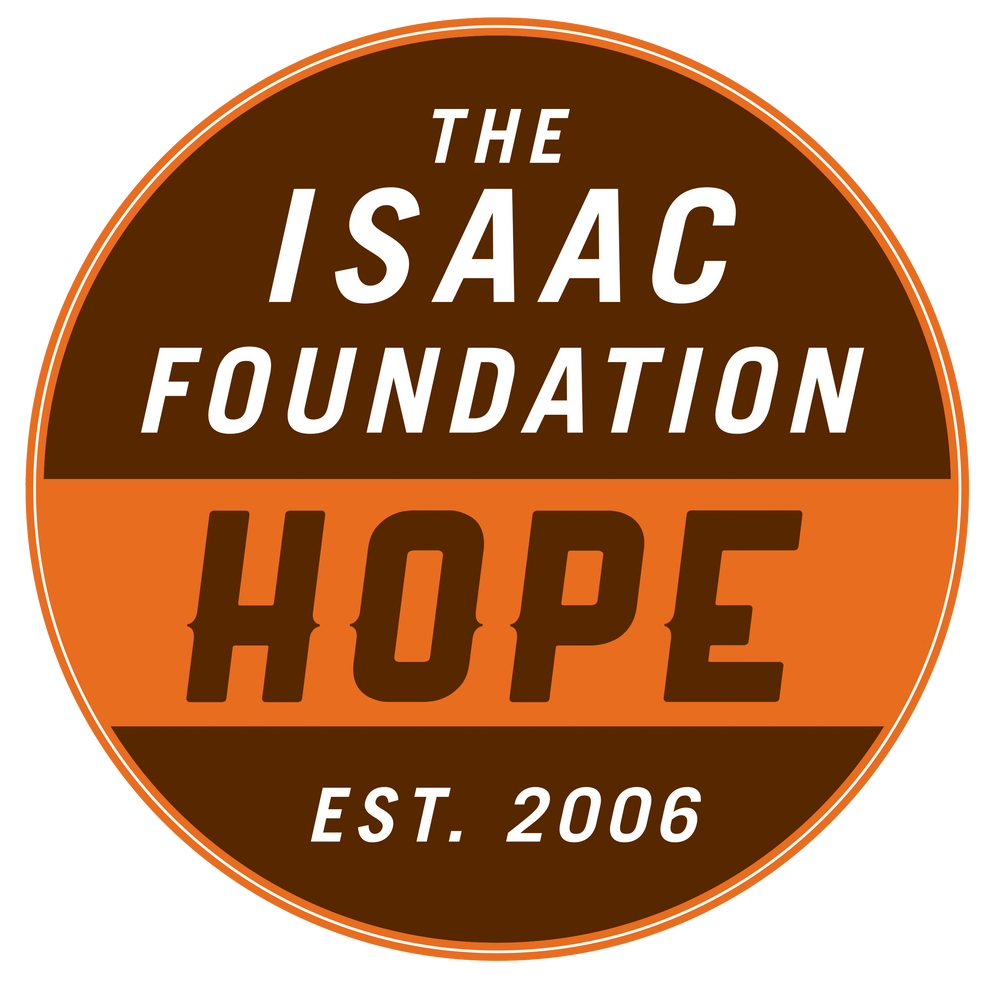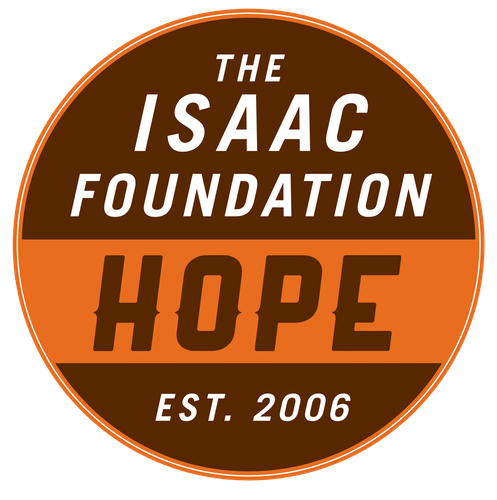



Published: 8/6/2013
CP | By Dean Bennett, The Canadian PressPosted: 08/06/2013 5:19 pm EDT | Updated: 08/06/2013 9:31 pm EDT

EDMONTON - A government member of the Alberta legislature added his voice Tuesday to the demand for immediate action to save a young girl wasting away due to a rare enzyme deficiency.
Stephen Khan, in a message posted on Facebook, wants Alberta Health Services to fast-track a decision on whether it will fund treatment for the disorder, which causes cellular waste to build up in the body. Khan is the Progressive Conservative member for St. Albert, where three-year-old Aleena Sadownyk lives.
“I urge AHS to move quickly in rendering a positive decision for the Sadownyk family,” wrote Khan.
“Every day is an eternity for this young family, all the while knowing that a treatment for this debilitating disease is at hand.”
Sadownyk has cellular waste building up in her joints and around her heart. A drug called Naglazyme can arrest the build up, but can’t do much for the damage already done.
The drug costs at least $300,000 a year to administer and has yet to be approved for use in Canada. It has been approved in numerous other countries including the United States.
Seven other Canadian children are receiving the synthetic enzyme through special exemptions funded by provincial governments in B.C., Ontario, Quebec, and Saskatchewan.
Khan said he has been working with health officials for a month trying to get the drug approved under the Short Term Exceptional Drug Therapy program.
Under the short-term program, the enzyme replacement would be provided for six months.
Health Department spokesman John Muir said Tuesday that an arm’s-length panel of medical experts is looking at the application.
He said the panel wants to move carefully given the drug has not been approved for use in Canada.
“We don’t want to be in a position where anyone is rushing a clinical review. We want to ensure that this drug is most appropriate for an individual and it’s done on a case-by-case basis,” said Muir.
He said the government received the request in mid-July and that the reviews generally take a few weeks to complete.
He said about 1,000 applications are made a year under the program and that 94 per cent are approved.
Sadownyk has already been denied funding for the treatment under the Alberta Rare Diseases Funding Program.
The Wildrose party wrote to Health Minister Fred Horne last week, criticizing the delays, urging he intervene personally to OK the treatment for Sadownyk.
“There have been major barriers thrown up in accessing this drug for Aleena, and each day of delay provides another opportunity for the irreversible symptoms of the disease to progress,” Wildrose critic Heather Forsyth said in a correspondence to Horne.
Muir said it would be improper for Horne to intervene.
“You don’t want to make it about politics at all. You want to leave those medical decisions to clinicians who have that expertise,” he said.
He said the Sadownyk family was denied funding under the rare diseases program because the drug didn’t qualify as it had not received general market approval through Health Canada.
The disease is called MPS VI, or Maroteaux-Lamy syndrome. Patients lack the enzyme in blood that breaks down cellular waste. The waste then accumulates in the bones, tissues, and organs, leading to stiffened joints, heart and airway blockages, and potential death.
Nine children have the disease in Canada.